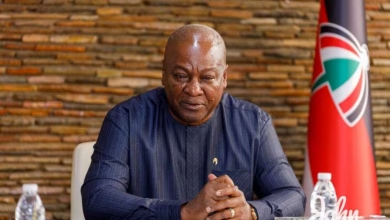Senegal has seen the inauguration of Bassirou Diomaye Faye as its president, marking the remarkable journey of this once obscure opposition figure from incarceration to the highest office within a matter of weeks.
The leftist pan-Africanist, aged 44, was sworn in on Tuesday following his landslide victory in the March 24 elections, where he ran on a platform of reform. His oath-taking ceremony took place in Diamniadio, near Dakar, where he pledged to faithfully execute his duties as president, uphold the constitution and laws, safeguard national integrity and independence, and actively pursue African unity.
The official transfer of power from outgoing President Macky Sall is scheduled to occur at the presidential palace in Dakar.
Faye’s release from prison, alongside his mentor Ousmane Sonko, less than two weeks prior to the elections under a political amnesty declared by Sall, marks the culmination of a prolonged struggle for democracy and the rule of law. Despite the celebration of Faye’s inauguration, there’s acknowledgment of the lives lost during the preceding demonstrations.
The election itself was a test of Senegal’s reputation as a stable democracy in West Africa, amid concerns over potential constitutional violations and unrest triggered by the arrests of opposition figures. Faye’s victory is seen as a reflection of the desires of the country’s youth, who are grappling with unemployment and critical of France’s perceived exploitation of Senegal.
Promising to tackle corruption and overhaul the economy, Faye, also known as Diomaye, outlined his agenda in his first address as president-elect. As a gesture of transparency, he disclosed his assets before the election, including property and modest bank savings.
Hailing from a small town and practicing Islam, Faye is supported by his two wives, both of whom were present during the inauguration ceremony. His ascent to power signals a new chapter in Senegal’s political landscape, marked by hopes for reform and progress under his leadership.
